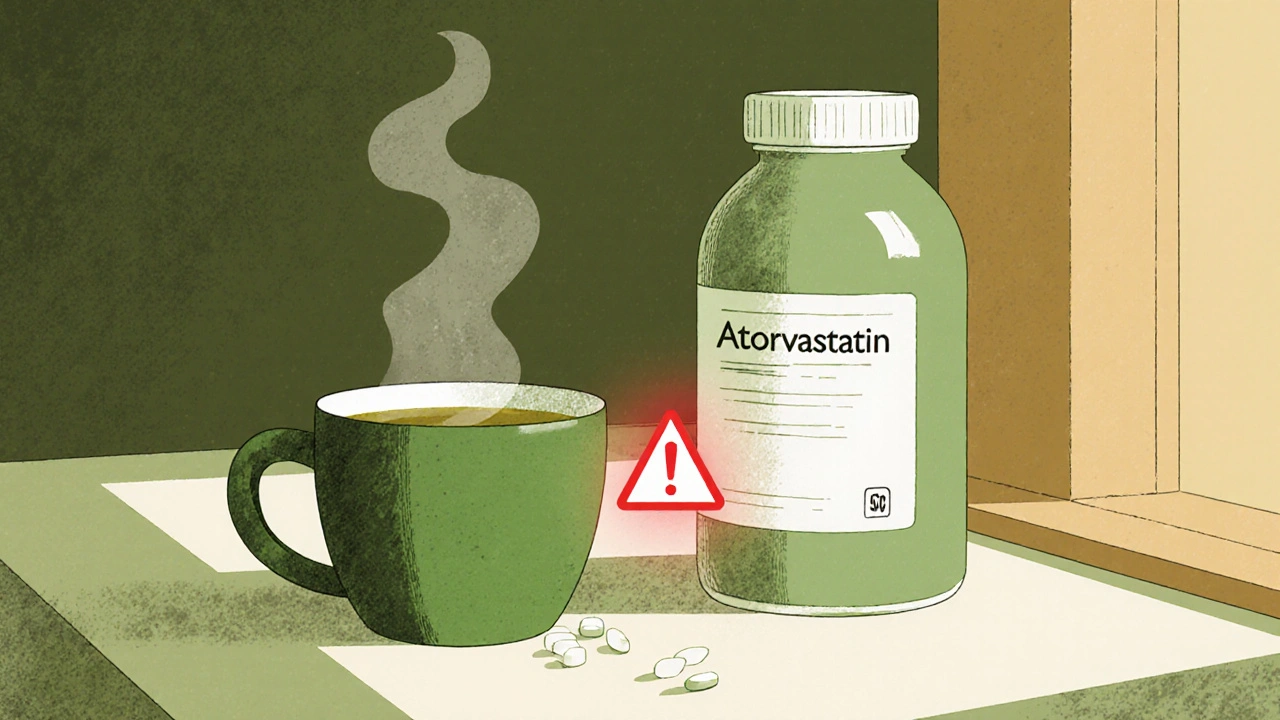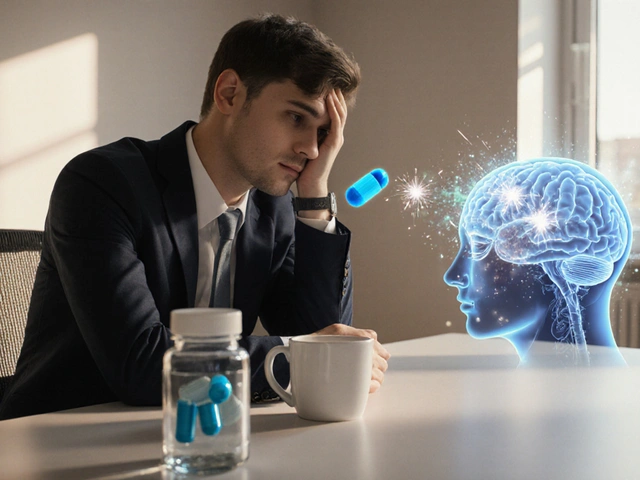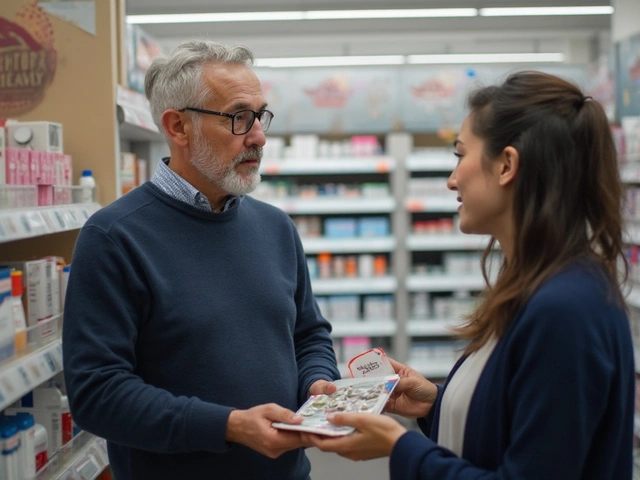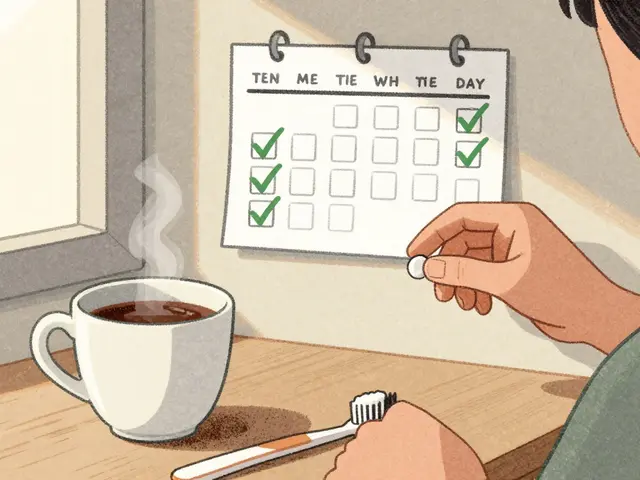Green Tea and Warfarin: What You Need to Know About the Interaction
When you're taking warfarin, a blood thinner used to prevent dangerous clots in people with atrial fibrillation, artificial heart valves, or a history of deep vein thrombosis, even small changes in your diet can shift how well it works. One common question? What about green tea, a popular beverage rich in antioxidants and vitamin K, often consumed for its potential heart and metabolic benefits? It’s not just about caffeine—it’s about how green tea interacts with your body’s ability to process warfarin, and whether it makes your blood too thin or too thick.
Green tea contains vitamin K, a nutrient that helps your blood clot normally and directly opposes the effect of warfarin. If you suddenly start drinking several cups a day after not drinking it before, your INR (the test that measures how long it takes your blood to clot) can drop. That means your blood clots faster than your doctor wants, raising your risk of stroke or clot-related complications. On the flip side, if you stop drinking green tea after regularly consuming it, your INR can spike—making you prone to bleeding. It’s not the tea itself that’s dangerous; it’s the inconsistency. Your body needs stable vitamin K intake to keep warfarin working predictably.
There’s also the issue of antioxidants, like catechins in green tea, which may interfere with liver enzymes that break down warfarin. This could cause warfarin to build up in your system, increasing bleeding risk. While studies aren’t conclusive, real-world cases show people on warfarin bleeding after starting green tea supplements or switching to high-dose extracts. Regular brewed tea is less risky than pills or powders—but still needs attention.
You don’t have to quit green tea entirely. But if you drink it, keep it consistent. One cup a day? Fine. Five cups one week and none the next? That’s a problem. Tell your doctor what you’re drinking. Get your INR checked regularly, especially after any dietary change. The same goes for other herbal teas—like ginseng or ginkgo—that can also affect warfarin. This isn’t about fear. It’s about control. You’re managing a powerful medication. Small habits matter more than you think.
Below, you’ll find real patient experiences, clinical insights, and comparisons with other foods and supplements that interact with warfarin. You’ll learn how to spot the warning signs, what to track, and how to talk to your doctor without sounding like you’re overreacting. This isn’t guesswork—it’s practical, tested advice from people who’ve been there.

- Oct 30, 2025
- Posted by Cillian Osterfield
Herbal Teas and Medications: What You Need to Know About Dangerous Interactions
Herbal teas may seem harmless, but they can interfere with medications like blood thinners, birth control, and statins. Learn which teas pose real risks and how to stay safe while still enjoying your cup.
Categories
- Health and Wellness (72)
- Medications (72)
- Health and Medicine (28)
- Pharmacy Services (12)
- Mental Health (9)
- Health and Career (2)
- Medical Research (2)
- Business and Finance (2)
- Health Information (2)
Latest Posts
©2026 heydoctor.su. All rights reserved





